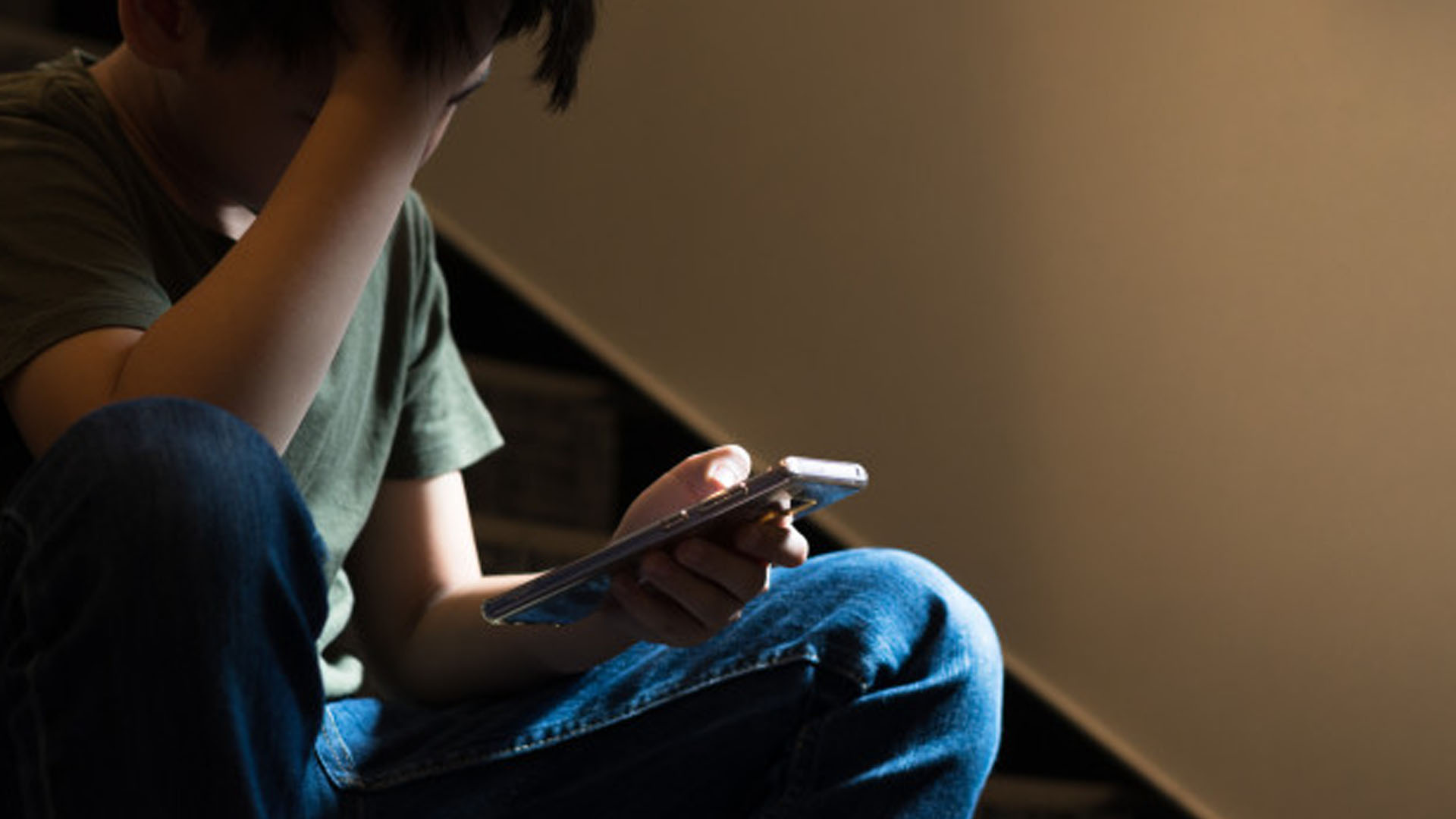Save the Children Philippines has raised concern on the online activity dubbed as “Christmas sale” where students allegedly posted sensual photos and videos of themselves and of their younger siblings in social media in exchange for money to buy digital gadgets for use in their online classes.
Atty. Alberto Muyot, Chief Executive Officer of Save the Children Philippines, said the government needs to address the impact of COVID-19 on the livelihood of many families to help prevent the rise of sexual abuse and exploitation of children and youth, and to intensify efforts to capture and prosecute online predators.
“Online sexual abuse and exploitation violate children’s rights to protection, physical integrity, and human dignity,” said Muyot. He added that protecting children from online predators call for a unified action of parents, guardians and leaders of schools and communities to protect children and youth from online predators.
The child rights organization, in partnership with the Department of Education, has rolled out a Cybersafe training program for teachers and school personnel to ensure children are safe from online sexual abuse and exploitation.
The Cybersafe training seeks to capacitate teachers, school personnel, and community leaders on children’s rights, online sexual abuse and exploitation, and how to access child protection services. Guidance counselors, principals, child protection representatives and DepEd regional staff in partner schools in Cagayan de Oro and Iligan also participated in the Cybersafe training.
The training is part of the activities of SaferKidsPH, a six-year initiative of the Australian government to reduce the online sexual abuse and exploitation of children in the Philippines. It is being implemented through the pioneering consortium of Save the Children Philippines, the Asia Foundation and UNICEF.
According to SaferKidsPH, children and youth can stay safe in using digital platforms through simple tips:
• Do not accept friend requests or reply to messages from people you do not know.
• Set your account to private.
• Do not put personal information on your bio like your birthday, school, workplace, or address.
• Do not share revealing photos, or use inappropriate screen names.
• Do not overshare details about your life, like where you live.
• Avoid joining groups that post nasty content.
Save the Children Philippines will also conduct Cybersafe training to community leaders to ensure online sexual abuse and exploitation are prevented poor communities where the popular “Pisonet” machines are operating.
Wilma Banaga, Child Protection Advisor of Save the Children Philippines, said children and young people should also remember that there are people online who want to take advantage of them and they must be aware on how protect themselves.
“While we recognize that times are hard right now with many families suffering financially, parents should not forget their responsibility to protect their children from any kind of risk online or offline,” said Banaga.








